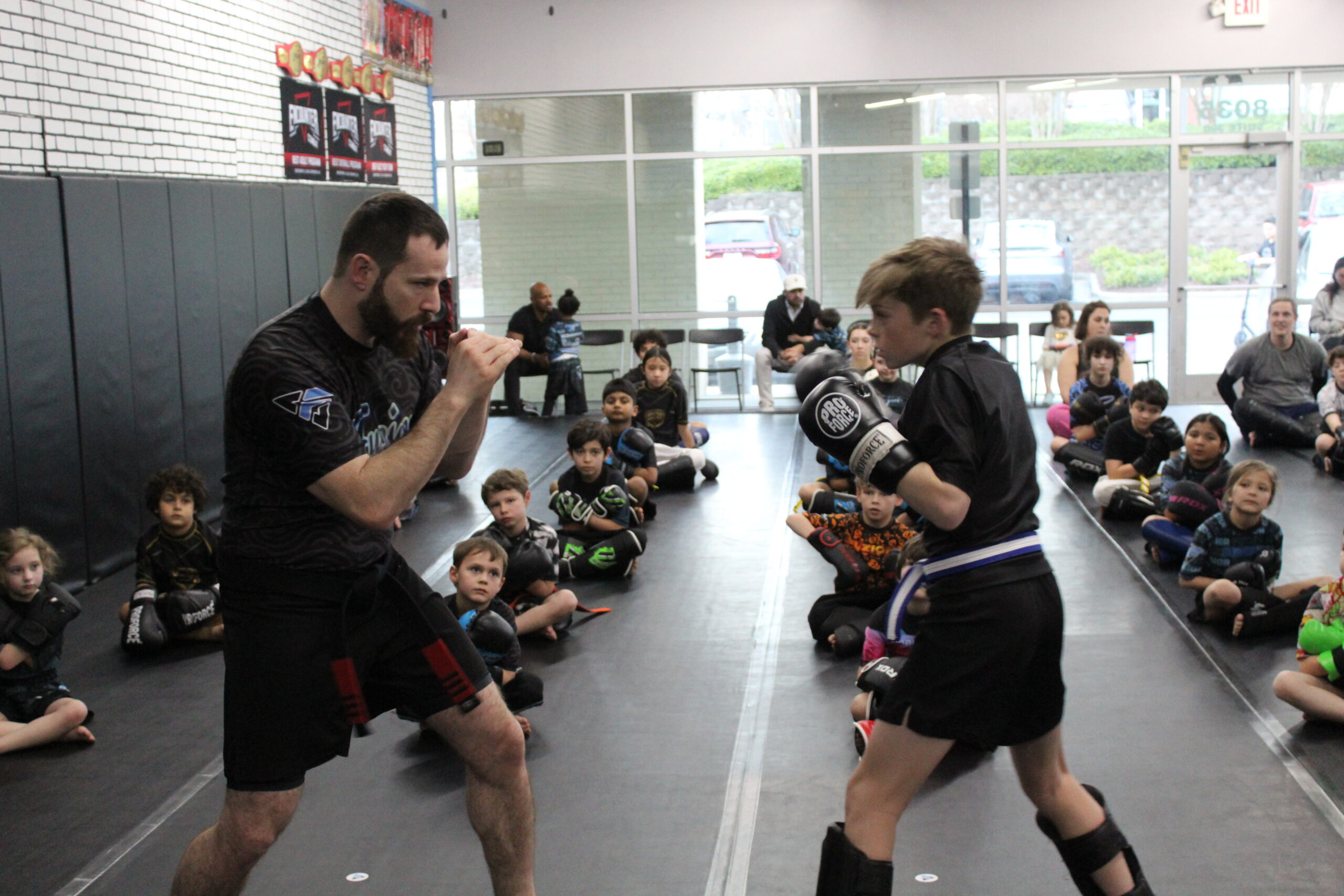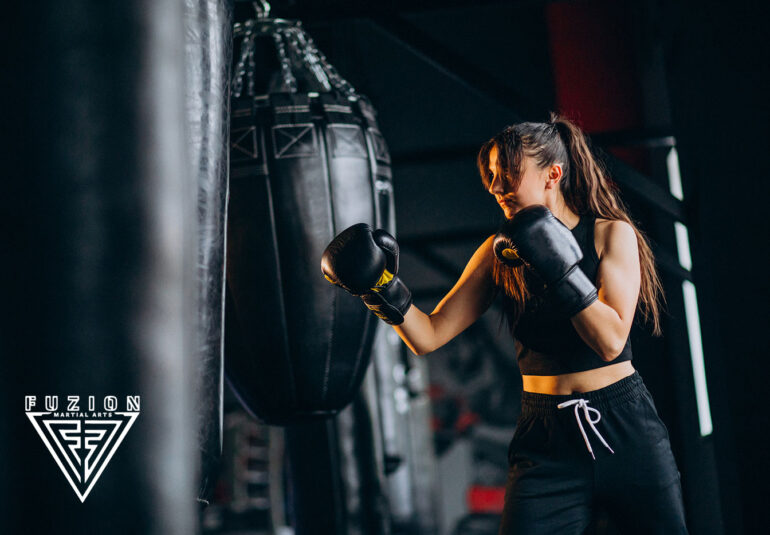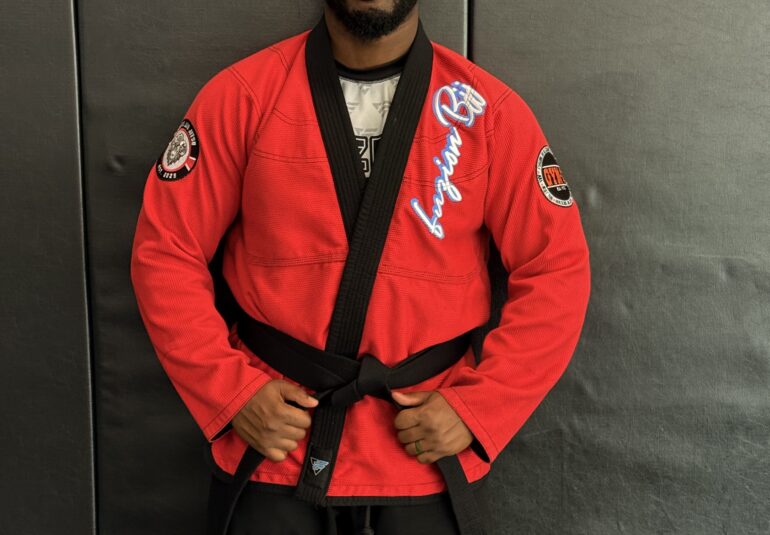
- 267
- 0
Martial arts is more than just kicks, punches, and submissions—it’s a discipline that demands patience, consistency, and the right guidance. One of the most defining factors of a student’s experience and growth is the style of their coach. Just as martial arts themselves vary widely—be it Karate, Brazilian Jiu-Jitsu, Muay Thai, or Krav Maga—so too do the teaching styles of those who lead the way.
Here are the most common styles of martial arts coaches and how they impact the student experience:
The Traditionalist
Key Traits: Respect for hierarchy, structured curriculum, emphasis on etiquette
Best For: Students who thrive under clear rules and cultural immersion
Traditionalist coaches hold closely to the roots of the art. In a Shotokan Karate dojo, for instance, you’ll bow entering the mat, address your instructor as Sensei, and follow a time-honored sequence of kihon (basics), kata (forms), and kumite (sparring). These coaches often emphasize discipline, repetition, and mental fortitude.
Pros:
-
Strong sense of structure and respect
-
Clear expectations and progression
Challenges:
-
May be less flexible with learning styles or modern adaptations
The Technician
Key Traits: Detail-oriented, focused on mechanics, values precision
Best For: Students who want to refine their technique and gain deep understanding
These coaches excel at breaking down movements and correcting even the smallest flaws. Whether it’s the angle of your foot in a roundhouse kick or your hand placement in an armbar, the Technician is always watching for how to help you improve.
Pros:
-
Excellent for skill refinement
-
Ideal for serious competitors
Challenges:
-
Can be overwhelming for beginners or casual students
The Motivator
Key Traits: High energy, emotionally supportive, goal-driven
Best For: Students who need encouragement, accountability, and inspiration
Motivator coaches bring the heat. They’re the ones who fire you up before class, cheer you on through hard rolls, and celebrate every win—on or off the mat. They often use martial arts as a tool for building confidence, fitness, and personal development.
Pros:
-
Positive environment
-
Keeps students engaged and inspired
Challenges:
-
May lack technical depth for advanced competitors
The Warrior-Coach
Key Traits: High intensity, combat-tested, “tough love” style
Best For: Students interested in self-defense, competition, or mental toughness
These coaches have often “been there, done that”—in competition rings, law enforcement, or the military. They focus on resilience, realism, and toughness. Expect grueling warm-ups, intense drills, and direct feedback. This coach may seem intimidating but pushes students beyond perceived limits.
Pros:
-
Builds strong mental and physical fortitude
-
Highly practical and real-world applicable
Challenges:
-
Not suitable for every personality type or young beginners
The Philosopher
Key Traits: Deep thinker, holistic approach, integrates life lessons
Best For: Students interested in the mental, emotional, or spiritual side of martial arts
This coach believes martial arts is a path to self-discovery and lifelong growth. Lessons may include breathing techniques, meditation, or martial arts history and philosophy. They often blend East and West, tradition and modernity.
Pros:
-
Encourages mindfulness and balance
-
Great for long-term personal development
Challenges:
-
May lack intensity for those seeking athletic or competitive goals
The Hybrid
Key Traits: Adaptable, balanced approach, blends multiple coaching styles
Best For: Students who appreciate both structure and creativity
The Hybrid coach adapts their style based on the individual or class dynamic. One class might be drill-heavy; the next might focus on mindset or strategy. These coaches are often experienced in multiple disciplines and offer a well-rounded learning environment.
Pros:
-
Flexible and personalized instruction
-
Often well-rounded and open-minded
Challenges:
-
Inconsistency if not well-balanced
So what is the best?
The “right” martial arts coach isn’t universal—it’s personal. Whether you’re chasing competition gold, trying to get in shape, or seeking inner peace, aligning with a coach whose style supports your goals is essential. Don’t be afraid to visit different schools, try different classes. At the end of the day, the best coach is the one who helps you become not just a better martial artist—but a better person.


